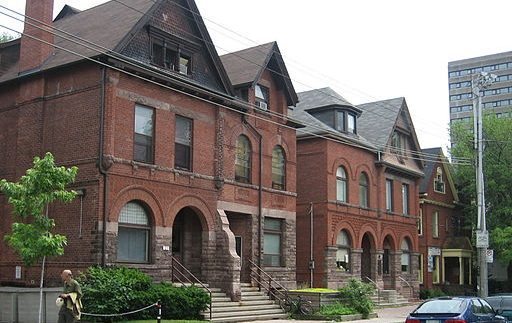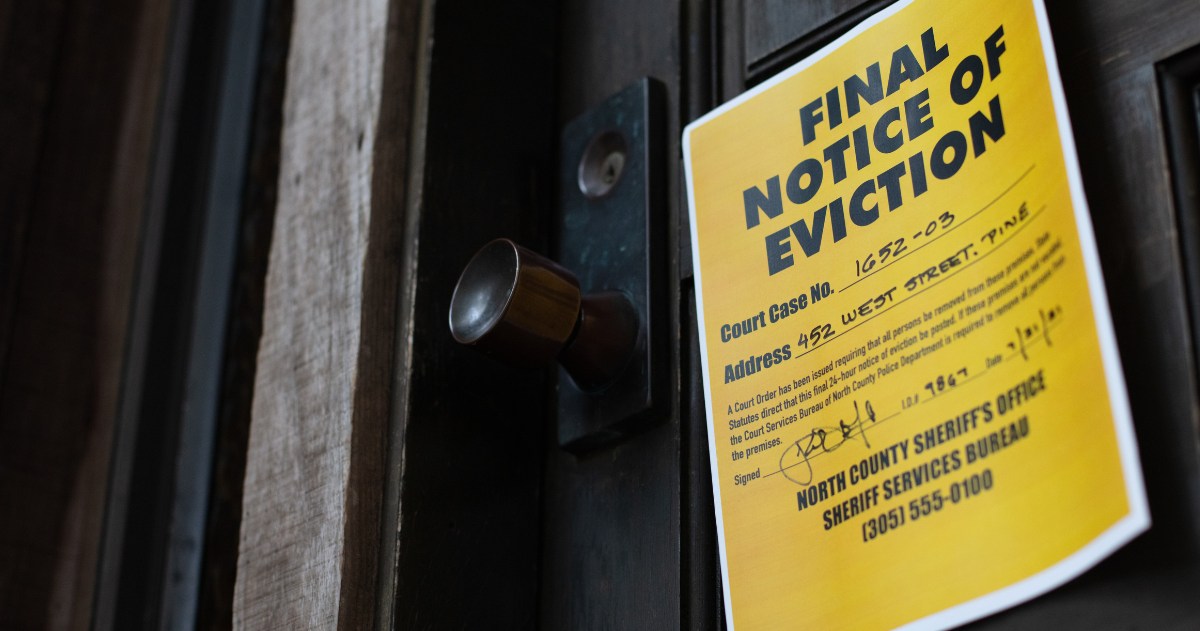Rent increases are necessary to keep pace with the rate of inflation on the costs of maintaining your rental unit. Annual rent increases should be built into each rental contract, and they have to be in accordance with Ontario Ministry of Housing guidelines – in most cases.
Watch for Ontario Government guidelines in summer of previous year
The Ontario Government releases guidelines for how much rent is allowed to be increased in the summer before the year in question. Look for announcements like this one from the Ministry of Housing starting in June. You can’t count on a specific amount for rent increases year-over-year – in 2016, the rent increase amount was 2%, while for 2017 it was 1.5%.
Once you have the government-mandated rent increase amount in hand, send out a notice to your tenants by both mail and email so they know the increase is coming, as well as another round of notices in December with the exact amount of rent that they will have to pay starting in January.
The 1991 loophole on condos and rental units
A few cases are making the news lately about landlords increasing rents by large amounts in Toronto due to a rule which removes rent control on condominium apartments and rental units constructed after 1991. Prior to the rule being introduced, developers were gunshy about building new rental units that rent control could be applied to, thus limiting the ability to recover large initial capital investments. There are no immediate plans to change it, but growing public pressure could eventually lead to a change in the rule.
When to use the 1991 loophole?
First, make sure that it applies to your property. While this page from the Ontario Landlord Association offers some good guidance, you may want to consult a real estate lawyer to be sure. From there, you’ll need to decide if you want to price an existing tenant that pays on time out of your unit – as the old cliche goes, a bird in the hand is worth two in the bush. Sure, you could rent that property out for hundreds of dollars more a month, but will that new tenant be a good one?
In addition, if too many landlords collectively start jacking up rents exponentially, it is almost guaranteed that the rule will be revisited by Government. The best way to handle a situation with an existing tenant is to negotiate with the tenant to see if you can implement a reasonable increase above the guideline, such as 5% each year.
Whether your property falls under the loophole or not, your rental property should be rented out at current rental market rates in Toronto to new tenants – you can find out what these are by looking at rents for similarly-sized units in your property’s neighbourhood, or hire a property management company like Highgate which will be able to tell you the “sweet spot” at which you can make the most money off your property without discouraging new tenants. Contact us today if you need help screening tenants and determining the right monthly rent for your Toronto rental property.
Image Credit: SimonP





